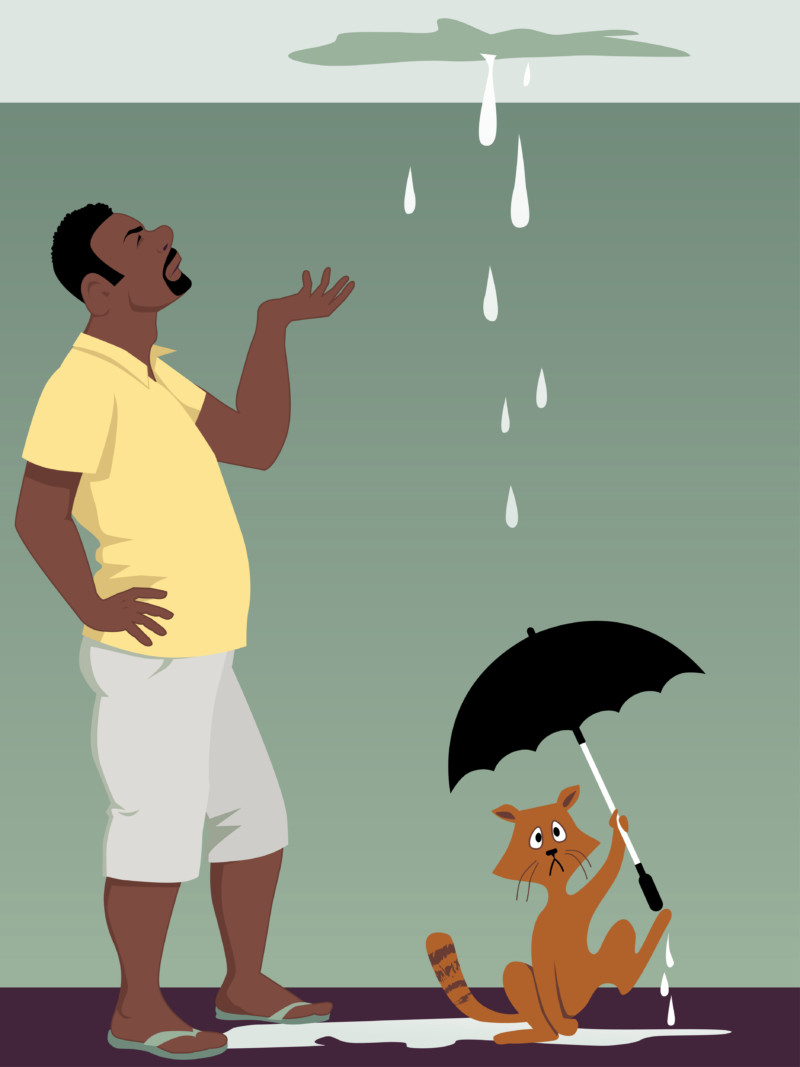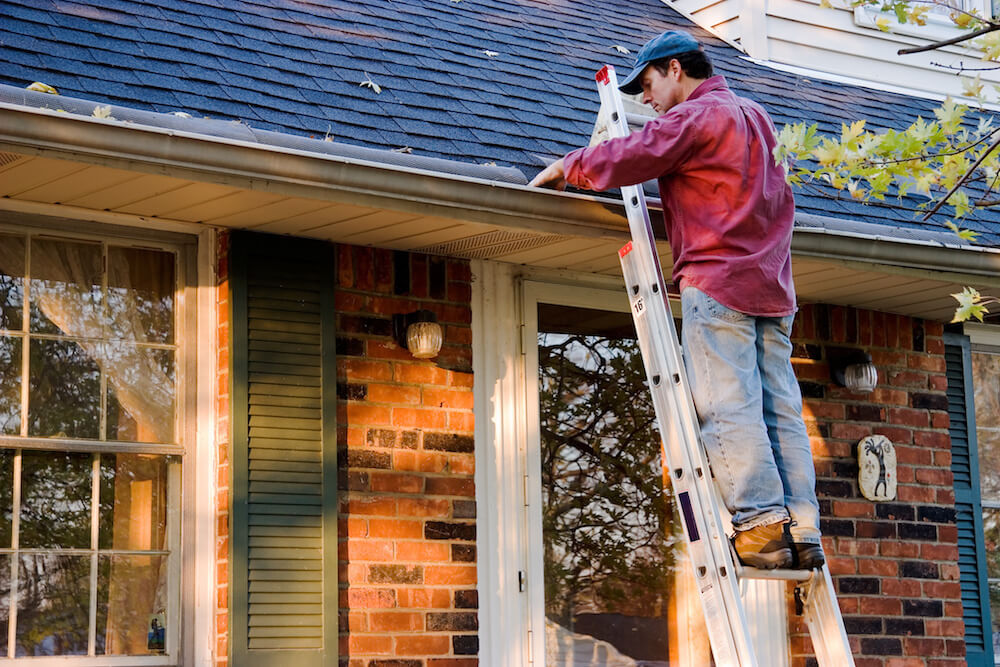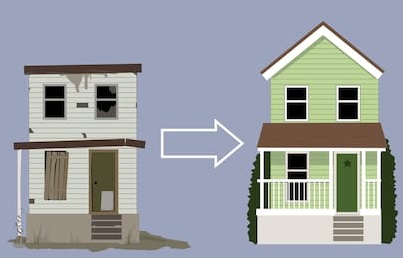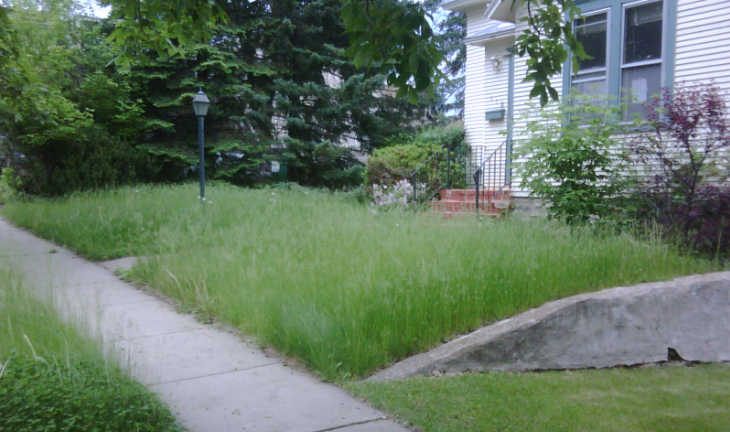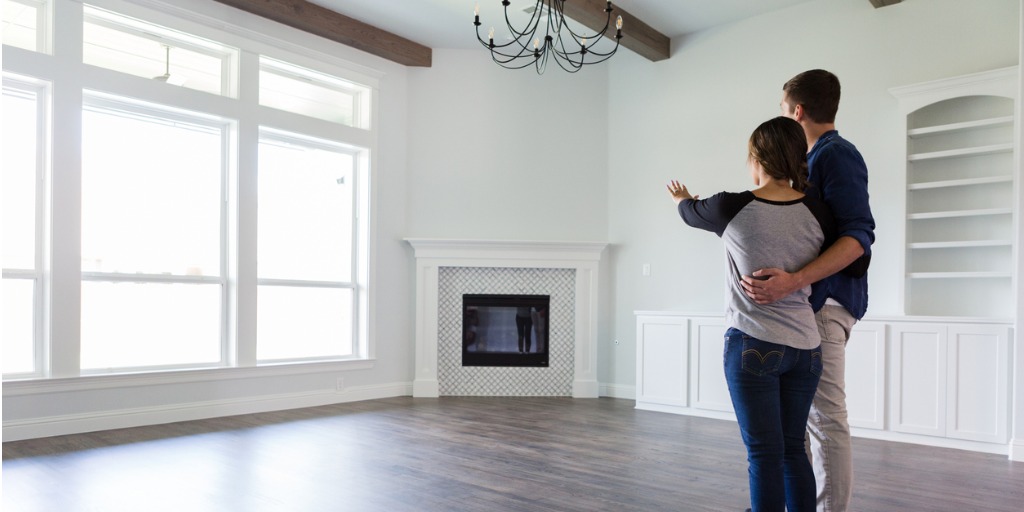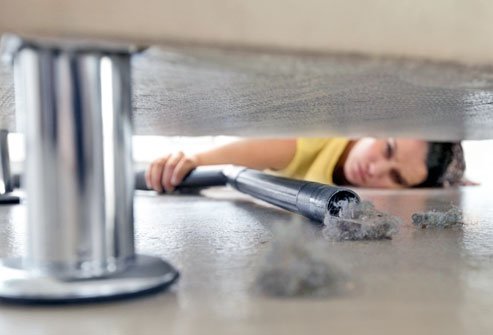Your Home's Inspection = Pass or Fail

All your pre-home sale jobs are finished, you and your RealtorⓇ are getting the details ironed out and are ready to start marketing your home for sale. Now is the time to think ahead to the home inspection after an offer has been made and accepted. You need to be certain the behind-the-scenes part of your sale is as good as the new flooring and fresh paint on the walls! There technically is no “pass or fail” with the home inspection but doing your own “home” work will keep any surprises at bay.
-
Pest damage and/or infestation is important to check for, as there are health and structural issues with either situation. You could be completely unaware that critters are living in your home, so have an extermination service do a thorough inspection and take care of any extra guests you may have stowing away.
-
Check for leaks turning on each faucet and watching closely under the sink for drips. Inspectors do not like dripping faucets, either. Do not forget to test each toilet for running water, and clear any clogged or slow drains.
-
Be on the lookout in tight dark spaces for mold or mildew, especially the attic space and on the underside of the roof.
-
Outside, look at your roof carefully, taking note of missing shingles or sagging areas.
-
Call your HVAC to set up a service call to make certain everything is running properly, as any issues will be flagged by an inspector.
-
Make sure working bulbs are installed in every light fixture. Inspectors need to make sure the electricity is working and blown light bulbs can throw that off.
-
Repair cracks in windowsills, as leaky windows do not normally get high points during an inspection.
-
If there are any cracks on walls, inside or outside, or in your foundation, have them checked out by a foundation expert, and if necessary, taken care of as soon as possible.
When you are highly motivated to sell, consider hiring an inspector to conduct a pre-listing inspection. If problems arise, you decide to make the repairs before the sale or offer incentives to prospective buyers with repair credits. Showing buyers that you have or are willing to make repairs before the sale offers them the peace of mind that they are getting what they pay for when purchasing the property.
Courtesy of Chester County PA Realtor Scott Darling.
Photo credit: Moving.com


